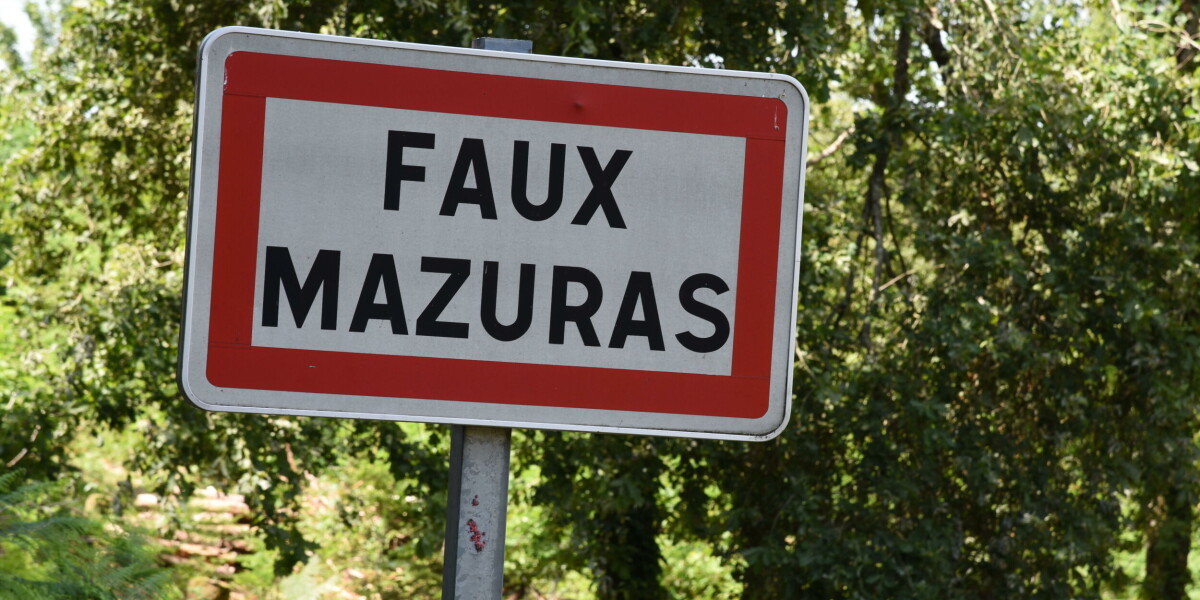
Where and why are several french communes changing names?
- Select a language for the TTS:
- UK English Female
- UK English Male
- US English Female
- US English Male
- Australian Female
- Australian Male
- Language selected: (auto detect) - EN
Play all audios:

THOUSANDS OF COMMUNES HAVE SIMILAR SOUNDING NAMES, OFTEN LEADING TO CONFUSION Eight French communes changed their official name on January 1, 2025, with the new name published in France’s
Journal Officiel. The communes opted for the change to avoid confusion with similarly named communes elsewhere in the country or to reflect updated spelling practices. Those which have
changed their names are shown below. The old name is listed first then that to which it has been changed. * Faux (Dordogne) – Faux-en-Périgord * Saint-Christophe-sur-Dolaison (Haute-Loire) –
Saint-Christophe-sur-Dolaizon * Roche (Loire) – Roche-en-Forez * Grigny (Rhône) – Grigny-sur-Rhône * Rousset (Hautes-Alpes) — Rousset-Serre-Ponçon * Le Cheix (Puy-de-Dôme) – Le
Cheix-sur-Morge * Le Vigan (Lot) – Le Vigan-en-Quercy * Montcourt-Fromonville (Seine-et-Marne) – Moncourt-Fromonville Further name changes may take place throughout the year. It is not
unusual for communes to change their name for these reasons – more than 1,350 communes have changed their official name since 1943. Read more: Same names cause confusion for French villages
WHY SO MANY NAME CHANGES? Similar names can lead to issues, particularly in smaller communes. In France 1,842 names are shared by at least two communes and 4,720 communes have a
partially-matching name (such as with only a single-letter difference) with somewhere else in the country. This is largely due to historic naming patterns, being based on geographical
features including landscapes, trees, and major rivers (which can be similar or span across the country), family, noble, or patronymical names, or religious names such as those of saints.
Out of the list above, Faux, Roche, and Grigny were amongst those which saw their names changed for this reason this January. Last year, an overhaul of the French address system saw rural
areas required to give full addresses for all properties. This may have contributed to some communes opting to update their names to further avoid confusion for delivery and postal services.
Read more: Opinion: France's new addresses lack imagination - but they do help
